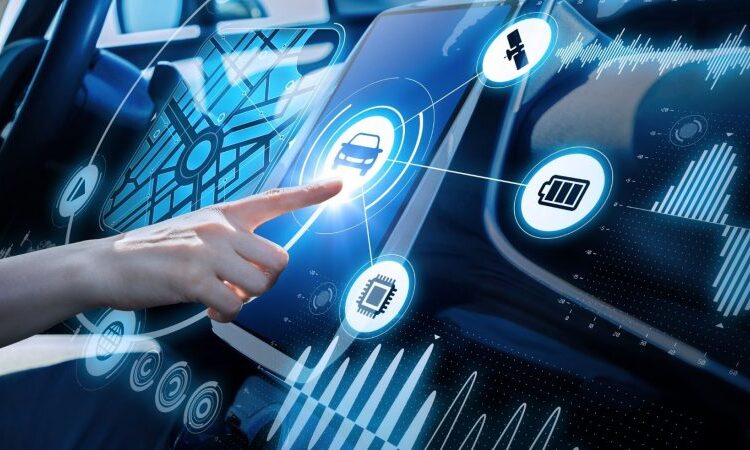Is the Commission ready to sacrifice the whole automotive and mobility services ecosystem to the benefit of Vehicle Manufacturers and their Hyperscaler partners?

The European Commission under President Ursula von der Leyen has shown strong commitment to creating the conditions for fair and competitive digital markets in Europe: yet, there is one glaring exception and that is the automotive and mobility services ecosystem.
Vehicle-generated data is the new frontier in accelerating safer, smarter, and more sustainable mobility. The Commission itself estimates that the global Connected Car market will reach €400bn in 2030. Today, however, this market is largely immobile.
Several assessments conducted by or for the European Commission since 2016 have all reached the same conclusion: regulation is needed to open this market and ensure that competition is not only fair but spurs a wave of innovation and deployment of new vehicle-generated data services.
Safer, smarter, and more sustainable mobility will not be possible without the whole ecosystem being able to compete fairly and innovate. This ecosystem includes some 500,000 independent businesses, mostly SMEs, which are ready to provide new innovative digital services to the 320 million motor vehicles owners and users in the EU.
Despite this extensive evidence-gathering and preparations, the long-awaited proposal for a sector-specific regulation on access to in-vehicle data is endlessly postponed and still not confirmed for adoption in 2023 – more than three years later than expected. The Commission’s regulatory inaction perpetuates a highly lopsided market that benefits only a few (dominant) market players – the vehicle manufacturers, their newfound partners – the giant technological platforms known in this domain as the “hyperscalers”.
These hyperscalers are increasingly present and deeply embedded in the vehicle in partnership with the manufacturers to provide in-vehicle and off-board services. As such, they can also unfairly benefit from their privileged access to vehicle data streams undermining independent European businesses’ chances to innovate and compete for the vast potential of services for connected vehicles.
The experience of the past 10 years with gatekeepers led the EU to implement robust ex ante rules for the mainstream digital economy. Despite all the evidence gathered, why would the Commission not commit to creating competitive data-driven automotive and mobility markets?
The Commission has already conclusively demonstrated that the hyperscalers could only be curbed by robust EU legislation. The hyperscalers will readily fill a legal vacuum, while soft law amounts to almost the same thing! Why change what the Commission has loudly touted as a winning regulatory formula when addressing the next great frontier in the data economy, especially when the Commission itself has repeatedly concluded is needed!?
Europe’s consumers, businesses and public authorities deserve to enjoy the full benefits of a competitive automotive and mobility services sector in which innovation from vehicle-generated data will be transformative.
It is high time that the Commission released the handbrake to accelerate transformation. There is absolutely no reason to keep driving with the handbrake on!
The Undersigning associations
ADPA, European Independent Data Publishers Association
AIRC, Association Internationale des Réparateurs en Carrosserie
CECRA, European Council for Motor Trades and Repairs
CLEPA, European Association of Automotive Suppliers
EGEA, European Garage and test Equipment Association
ETRMA, the voice of tyre and rubber goods producers
FIA Region I, Fédération Internationale de l’Automobile
FIGIEFA, International federation of independent automotive aftermarket distributors
Leaseurope, European Federation of Leasing Company Associations






